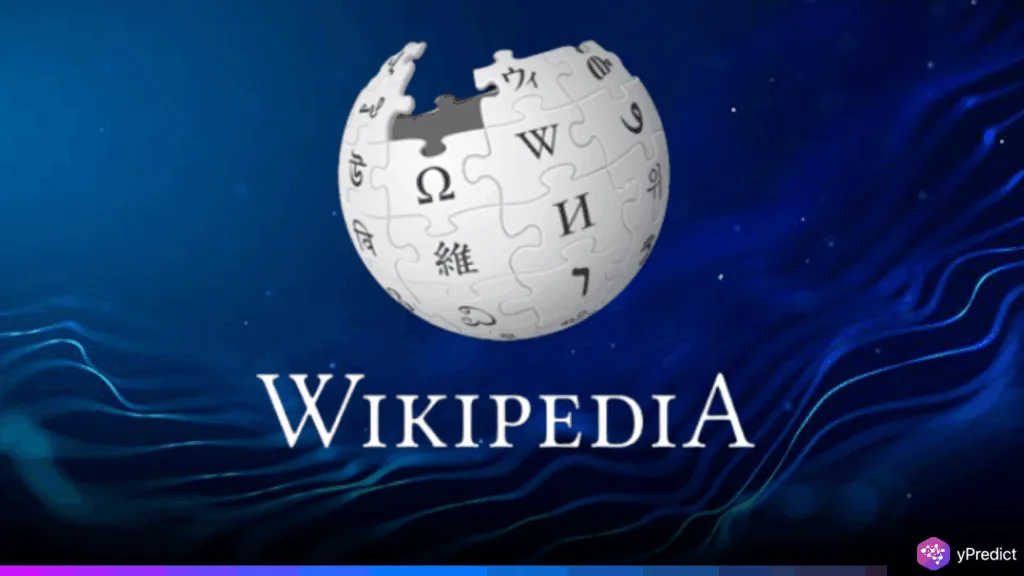
The Wikimedia Foundation halted its AI-generated summary trial after strong backlash from Wikipedia’s editor community. The feature, tested briefly in the mobile app, aimed to offer article overviews but lasted only one day. Editors criticized the lack of involvement and potential damage to Wikipedia’s credibility. Only one Foundation employee was involved in planning, violating Wikipedia’s consensus-driven norms. In response, the Foundation promised no future AI features without community input. The incident revealed deep tensions between executive-driven innovation and the site’s collaborative governance model. Wikipedia acknowledged the concerns and committed to reevaluating its approach to generative AI in the platform’s future.
Governance Breakdown and the Community-Foundation Divide
Wikipedia’s editor revolt underscored a long-standing tension between the Wikimedia Foundation and its volunteer-led governance system. The AI summary rollout clashed with Wikipedia’s consensus-building process, where major changes are typically discussed in detail on talk pages. In this case, planning had “exactly one participant,” a WMF staff member. Editors argued that this top-down decision violated Wikipedia’s founding principles. This isn’t the first time such tensions have erupted. Past conflicts, such as paid editing scandals, forced the Foundation to rewrite its terms of use after community backlash. The current episode follows that pattern, with volunteers rejecting executive decisions imposed without input.
Wikipedia operates differently from commercial platforms. While Meta, Google, and others move swiftly with AI features, Wikipedia must navigate a slower, community-first process. That unique structure makes top-down AI experiments difficult, especially when they affect the public’s trust in Wikipedia. Editors raised concerns that hasty summaries could damage Wikipedia’s reputation for reliability. The backlash wasn’t just about technology; it was about preserving editorial autonomy. In suspending the trial, the Foundation signaled that future AI efforts must engage its community. This serves as a broader reminder that platforms based on collective knowledge must align innovation with community values to maintain legitimacy.
The AI Summarization Arms Race and Wikipedia’s Caution
The trial reflects growing pressure on platforms to implement AI-driven content features. Wikipedia’s move came amid industry-wide adoption of generative summarization tools. Competitors like Google, which added AI summaries to search results, have raised the bar for information delivery. Tools like SciSummary and Scholarcy already offer academic content compression, and more services are emerging. But AI summarization faces unresolved quality issues, especially for technical or nuanced subjects. Wikipedia editors cited multiple flaws in the generated summaries, including factual inaccuracies and oversimplifications. These errors risk undercutting trust in a platform known for peer-reviewed accuracy. Still, there’s clear demand for brief, digestible summaries, especially on mobile.
The challenge is balancing this demand with editorial rigor. Wikipedia’s test highlighted this friction. While readers may want short explanations, contributors prioritize depth and accountability. One editor remarked, “Wikipedia’s boringness is a virtue,” emphasizing the value of reliability over slick presentation. Meanwhile, the Foundation argued that accessibility matters too, citing low average reading levels among native English speakers. This divide, between reader convenience and editorial seriousness, remains unresolved. The AI summary trial was an attempt to bridge that gap, but its failure shows the difficulty of satisfying both casual users and expert contributors. Wikipedia’s next steps will need to reconcile these opposing goals.
Lessons for AI and Community-Driven Platforms
This episode offers a cautionary tale for integrating AI into community-governed platforms. Wikipedia isn’t just a website; it’s a collective editorial institution. Attempts to innovate with AI must respect that structure. The Foundation’s misstep shows that bypassing consensus can backfire, no matter how well-intentioned the feature. Community trust is central to Wikipedia’s identity and its global success. Future AI initiatives will require transparency, broad discussion, and careful testing. Unlike commercial platforms, Wikipedia’s strength lies in its shared ownership and process. If AI is to enhance the platform, it must serve, not replace, the editors who built it. That’s the lesson moving forward.






